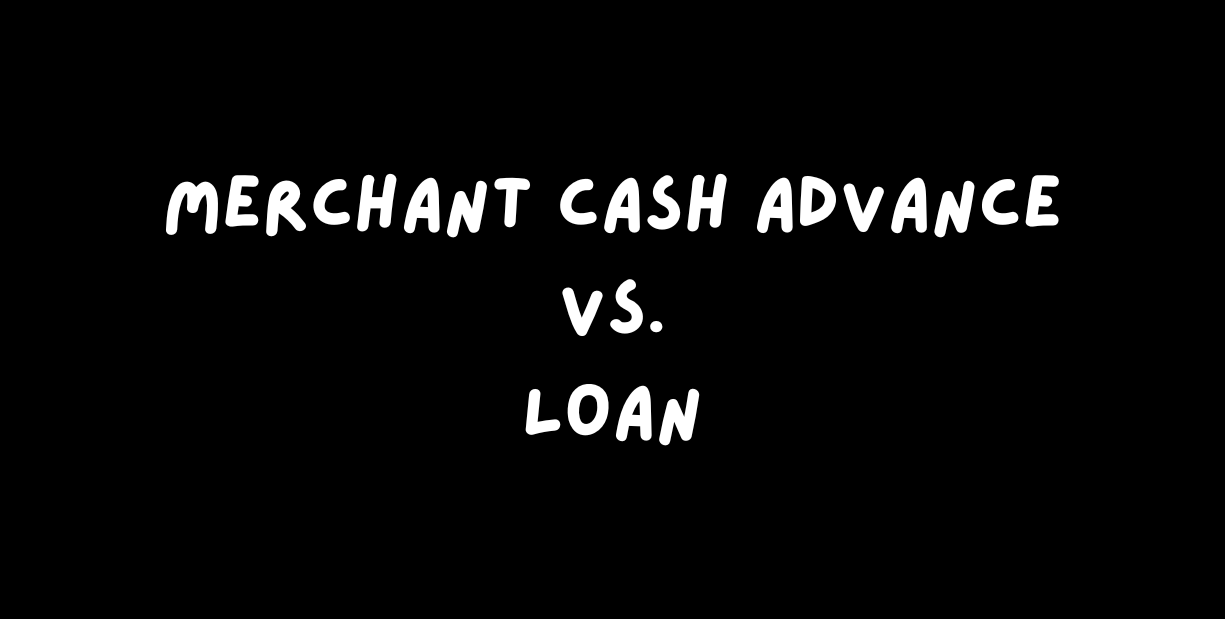Tips for a Successful Chapter 13 Bankruptcy Discharge
Tips for a Successful Chapter 13 Bankruptcy Discharge
Understanding Chapter 13 Bankruptcy
Chapter 13 bankruptcy, often referred to as a wage earner's plan, is designed to allow individuals with regular income to develop a plan to repay all or part of their debts. Debtors propose a repayment plan to make installments to creditors over three to five years. For New York residents who are in over their heads with debt, this process offers a beacon of hope for retaining assets and setting the stage for fiscal stability.Debts that Get Discharged in Chapter 13
A significant advantage of Chapter 13 over other forms of bankruptcy is the broader discharge that it provides. Generally, you can expect relief from:- Credit card debt
- Medical bills
- Personal loan obligations
- Certain tax liabilities
- Judgment debts
The Bankruptcy Process Timeline
The length of a Chapter 13 bankruptcy case for New Yorkers varies between three to five years, depending on your income, debt levels, and the terms of your repayment plan. Throughout this time, maintaining financial discipline is vital for a successful discharge.Staying on Track Towards Discharge
Draft a Feasible Budget
Drafting a budget that accurately reflects your living expenses and prioritizes your debt repayment is essential. Stick to this budget to ensure you can meet your repayment obligations without accruing additional debt.Maintain Regular Income
Stability is key; regular income guarantees that you can keep up with your repayment plan. If you're facing uncertainty in your current position, seeking additional part-time work can provide an extra cushion.Communicate with Your Trustee
Develop a solid relationship with your bankruptcy trustee. They manage the repayment distribution and are your primary point of contact throughout the process. Clear communication can help resolve issues before they escalate.Attend All Required Hearings
Being present at court hearings and meetings with creditors is mandatory. These are opportunities to reinforce your commitment to the repayment plan and comply with judicial directives.Seek Professional Advice
Navigating bankruptcy can be complex and missteps can be costly. Professional advice from a bankruptcy attorney can be irreplaceable. They will ensure your paperwork is correct, represent you in hearings, and offer guidance whenever you face challenges.The Light at the End of the Tunnel
Embarking on a Chapter 13 bankruptcy is not merely about the discharge but also about developing financial acumen and the discipline to avoid future fiscal dilemmas. As New York residents grapple with the bankruptcy process, always remember that the aim is a brighter financial future. By staying on track with your repayment plan, communicating effectively, and keeping diligent records – you can successfully navigate your way to a Chapter 13 discharge. The journey may be long, but with perseverance, the reward is invaluable: financial freedom and peace of mind.Remember, bankruptcy is a legally binding process, and while this blog provides a general overview, each case has unique aspects that should be discussed with a bankruptcy lawyer. Are you ready to take control of your financial destiny? Stay informed, stay disciplined, and most importantly, stay hopeful.











